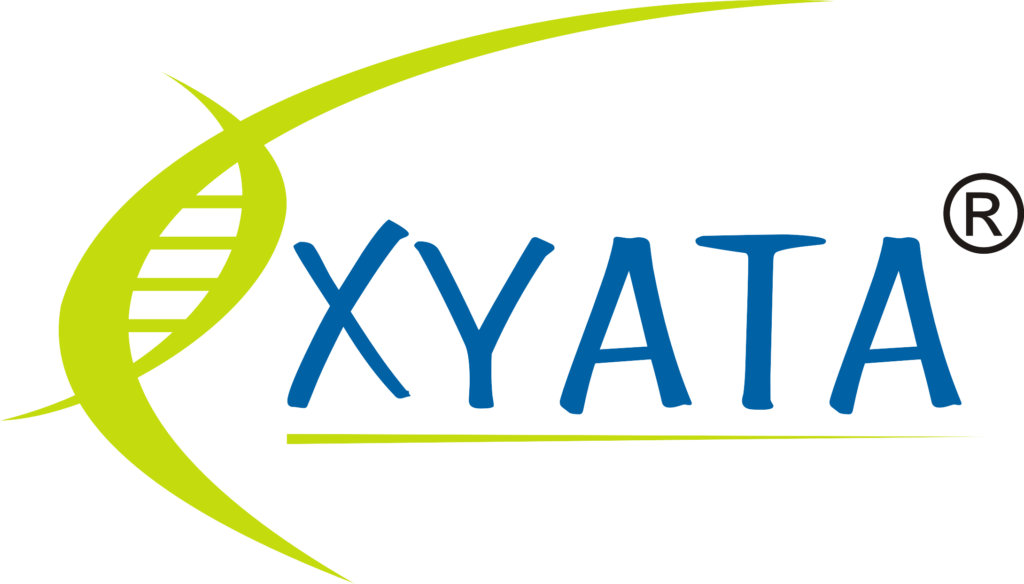Context: Technological Advancements in Healthcare
In today’s era of rapid innovation, technologies like Artificial Intelligence (AI), the Internet of Things (IoT), and Blockchain are transforming industries worldwide, including healthcare and pharmaceuticals. These advancements are not merely futuristic concepts; they are practical tools with tangible benefits that address critical challenges in patient care, drug development, and supply chain management.
For specialized pharmaceutical products—such as Vaccines, Biologicals, Recombinants, and other temperature-sensitive, life-saving drugs—these technologies are game-changers. Maintaining their efficacy through secure, efficient processes ensures better patient outcomes and enhances trust in the pharmaceutical ecosystem.
Task: Unlocking the Potential of AI, IoT, and Blockchain in Pharma
Despite their enormous potential, there is still limited awareness about these technologies. Below, let me explain these tools in simple terms and their positive impact on pharmaceuticals.
Understanding AI, IoT, and Blockchain?
1. Artificial Intelligence (AI):
AI refers to machines designed to mimic human intelligence, enabling them to analyze data, identify patterns, and make informed decisions. For instance, AI-driven drug discovery leverages powerful algorithms to shorten drug development timelines, enhance precision, and reduce costs.
2. Internet of Things (IoT):
IoT connects physical devices to the internet, enabling real-time data collection and communication. In pharmaceuticals, IoT-enabled smart packaging ensures the integrity of temperature-sensitive products by monitoring conditions throughout their journey.
3. Blockchain:
Blockchain is a secure, decentralized ledger that records transactions transparently and prevents tampering. Blockchain for clinical trials ensures the integrity of data, while blockchain for supply chain integrity helps trace pharmaceutical products, reducing counterfeiting and ensuring patient safety.
Positive Impacts on Pharmaceuticals
- AI-Driven Drug Discovery:
Traditional drug discovery is expensive and time-consuming. AI accelerates this process by simulating biological reactions and predicting the effectiveness of compounds. Companies like Insilico Medicine and BenevolentAI are using AI to identify drug candidates faster and with higher accuracy.
- IoT-Enabled Smart Packaging:
IoT allows continuous monitoring of environmental factors such as temperature and humidity. For example, smart sensors embedded in vaccine packaging ensure that cold-chain logistics are maintained during transportation, reducing the risk of spoilage.
- Blockchain for Clinical Trials:
Ensuring data integrity in clinical trials is critical. Blockchain creates a tamper-proof record of trial data, fostering trust among stakeholders. Companies like Pfizer have already started experimenting with blockchain to secure trial data.
- Predictive Analytics in Pharma:
AI-powered predictive analytics helps forecast patient outcomes and disease progression. This information allows for personalized treatments and better allocation of resources.
- Digital Twins in Pharma Manufacturing:
Digital twins create virtual models of manufacturing processes, enabling optimization without disrupting actual production. This innovation reduces waste and enhances efficiency.
Real-World Applications:
Pfizer’s Blockchain Initiative: Pfizer is using blockchain to improve supply chain transparency and reduce counterfeit drugs.
IoT in Cold Chain Logistics: Companies like DHL utilize IoT to monitor temperature-sensitive shipments, ensuring vaccines remain viable.
AI in Drug Development: AstraZeneca employs AI to analyze data and identify promising compounds for new drugs.
Personalized Medicine: IBM Watson Health uses AI to tailor treatments based on genetic and lifestyle data.
Remote Monitoring: IoT-based remote patient monitoring devices are improving adherence to treatment plans in chronic disease management.
Present Limitations of AI, IoT, and Blockchain
While these technologies offer significant advantages, they also face challenges:
AI: Artificial Intelligence
- High initial investment.
- Lack of standardized datasets.
- Ethical concerns regarding data privacy.
IoT: Internet Of Things
- Vulnerability to cyberattacks.
- High maintenance costs.
- Interoperability issues among devices.
Blockchain
- Scalability challenges.
- High energy consumption.
- Regulatory uncertainty in some regions.
Economic Impact: Cost vs. Benefit
Implementing AI, IoT, and Blockchain requires substantial upfront investment. However, the long-term benefits—such as reduced waste, enhanced efficiency, and improved patient outcomes—far outweigh the costs. For example:
- AI-driven drug discovery can reduce costs by up to 30%.
- IoT-enabled cold chain logistics decrease spoilage, saving millions annually.
- Blockchain minimizes counterfeiting, preventing billions in losses.
Future of AI, IoT, and Blockchain in Pharma
The future of these technologies in pharmaceuticals is promising:
AI: Artificial Intelligence
- Advanced AI algorithms will make drug discovery faster and more accurate.
- Predictive analytics will revolutionize personalized medicine.
IoT: Internet Of Things
- IoT will expand to more areas of patient care, such as real-time monitoring for chronic diseases.
- Smart packaging will become standard for all sensitive drugs.
Blockchain
- Blockchain will become essential for data sharing and supply chain management, ensuring transparency and security.
FAQs
1. What is AI-driven drug discovery?
AI-driven drug discovery uses algorithms to analyze data, identify drug candidates, and predict their effectiveness, reducing time and cost.
2. How does IoT-enabled smart packaging work?
IoT-enabled smart packaging uses sensors to monitor environmental conditions, ensuring drugs remain effective throughout the supply chain.
3. What is blockchain’s role in clinical trials?
Blockchain ensures data integrity and transparency, creating tamper-proof records of clinical trial data.
4. Are these technologies cost-effective?
While initial investments are high, the long-term benefits in efficiency, safety, and cost savings make them highly cost-effective.
5. What are the present challenges of implementing these technologies?
Challenges include high costs, data privacy concerns, scalability issues, and regulatory hurdles.
Conclusion:
AI, IoT, and Blockchain are revolutionizing pharmaceuticals by improving drug development, patient care, and supply chain management. Despite current limitations, these technologies promise a future where healthcare is more efficient, transparent, and personalized.
By investing in these innovations, the pharmaceutical industry can offer better experiences and outcomes for patients and healthcare professionals alike.
STAY HEALTHY, STAY BLESSED!
